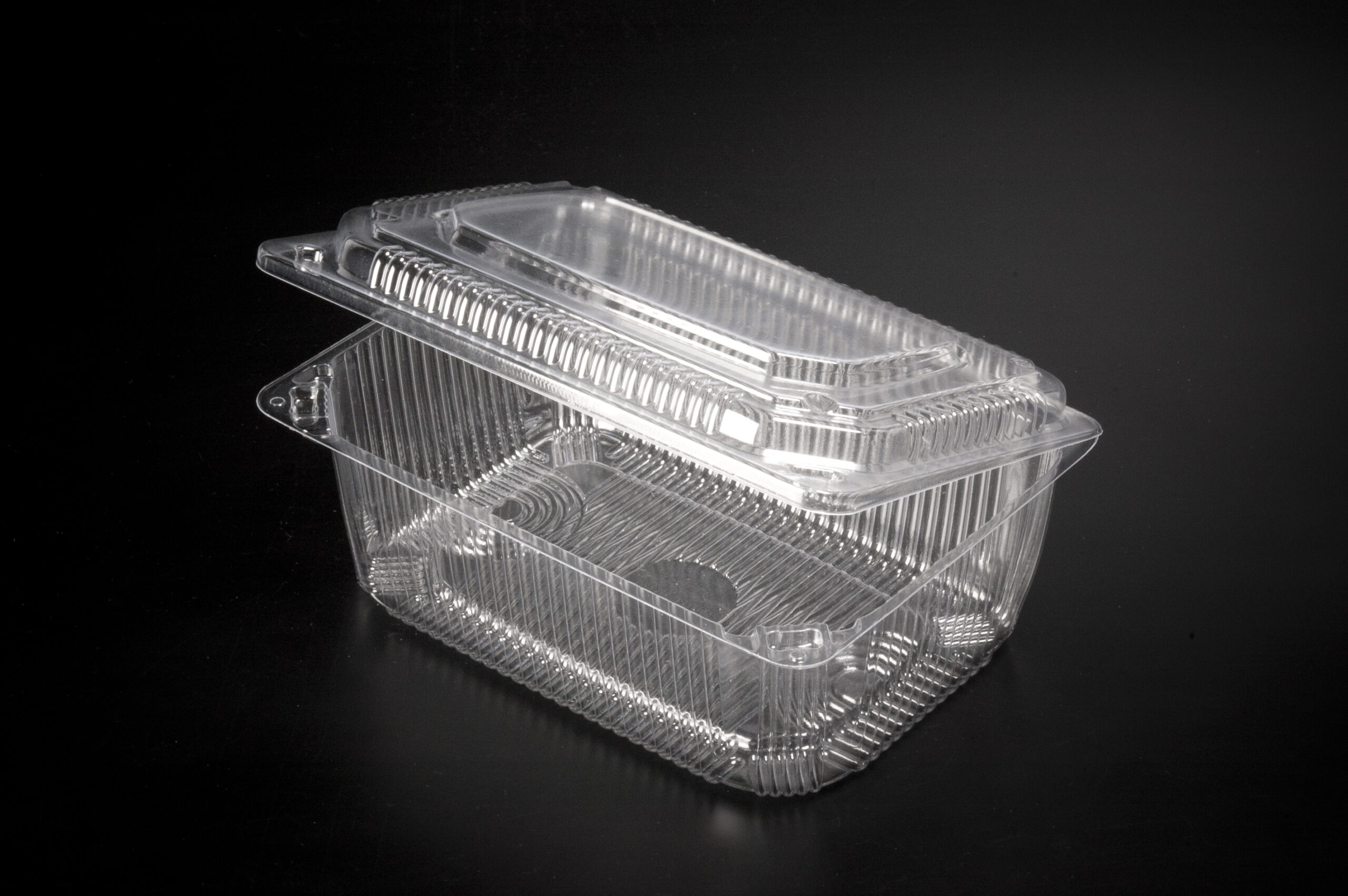JoHM: microplastic particles inhibit embryonic brain tissue
American scientists from Florida State University have found that microplastics adversely affect the development of brain tissue in the human embryo. The study was published in the journal Journal of Hazadous Materials.
Polystyrene is used in a wide range of products, including disposable containers, packaging, insulation, and foam. Because of this, polystyrene remains the type of plastic most commonly found in marine and terrestrial organisms.
Scientists have studied the effect of polystyrene particles with a diameter of one to 10 micrometers on stem cells, from which brain tissue is formed during the development of the embryo. According to the study, due to microplastics, the nervous tissue has changed its structure, and the lifespan of its cells has been reduced to 30 days.
An assessment of the proportion of living and dead cells in the test samples showed a direct relationship between the concentration of plastic and the condition of the tissues. The introduction of microparticles reduced the number of surviving cells and also affected their functioning.
According to the researchers, the results of scientific work have improved understanding of the impact of microplastics on brain development. At the same time, scientists noted that in the human body, the embryo grows in a different environment. However, the repetition of such experiments in humans is impossible for ethical reasons.

